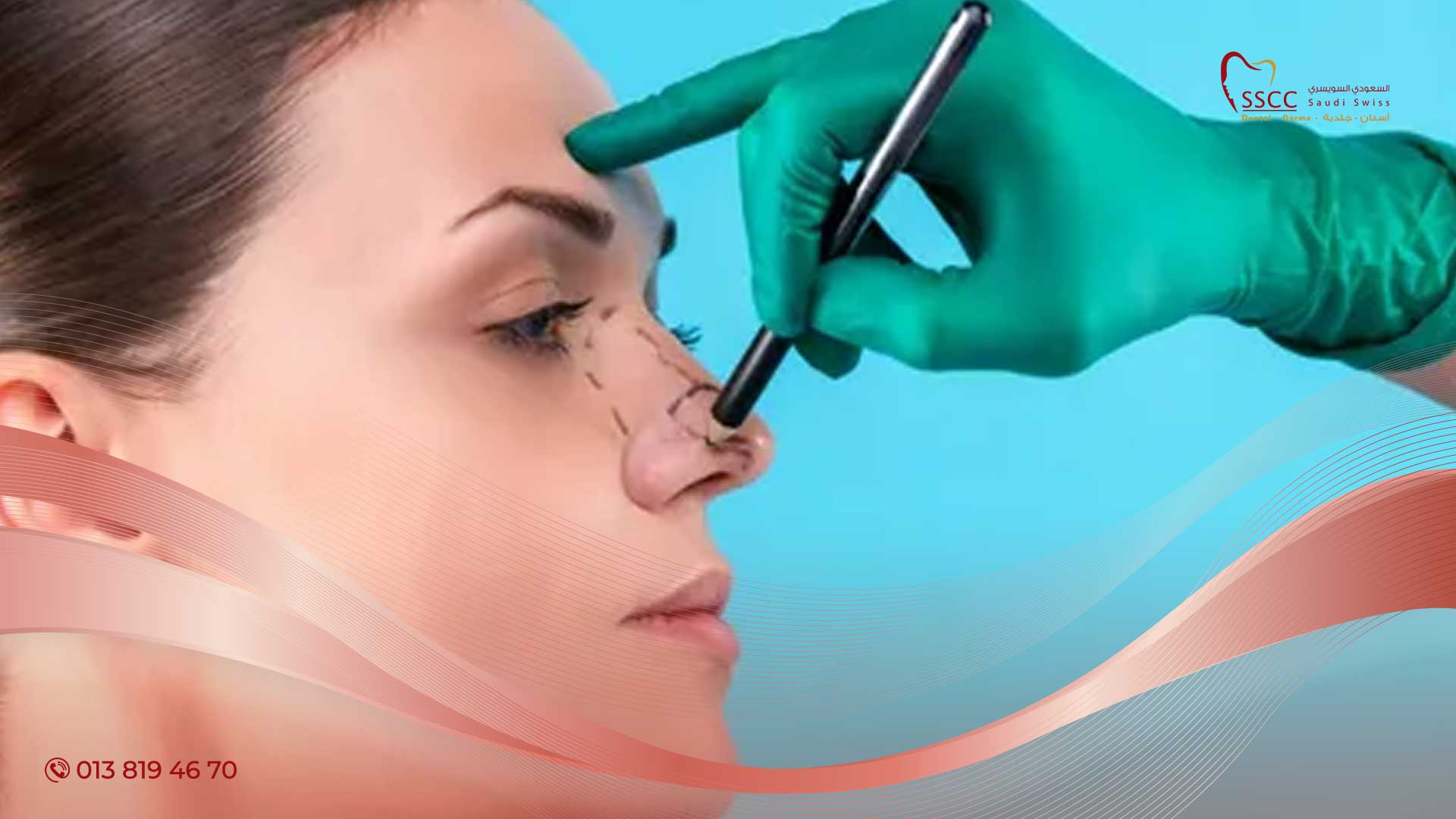Rhinoplasty, or nose reshaping surgery, is a procedure that can significantly improve the appearance and sometimes the function of the nose. Like any surgical procedure, it carries both potential benefits and risks. Understanding these is essential before making a decision about rhinoplasty. If you're considering rhinoplasty surgery in Riyadh, there are numerous expert surgeons and clinics offering exceptional results.

Potential Benefits of Rhinoplasty:
- Improved Facial Harmony: Rhinoplasty can bring the nose into better proportion with other facial features, creating a more balanced and harmonious appearance.
- Correction of Nasal Asymmetry: Many people have some degree of nasal asymmetry. Rhinoplasty can address this, improving the symmetry and overall appearance of the nose.
- Refinement of Nasal Shape and Size: Whether you're concerned about a large nose, a wide bridge, a bulbous tip, or other features, rhinoplasty can reshape and resize the nose to achieve your desired aesthetic goals.
- Correction of Nasal Deformities: Rhinoplasty can correct nasal deformities caused by birth defects, injuries, or previous surgeries.
- Improved Breathing: In some cases, rhinoplasty can improve breathing by correcting structural issues within the nose, such as a deviated septum. This is often combined with septoplasty, a procedure to correct the septum.
- Increased Self-Confidence: For many people, rhinoplasty can lead to increased self-confidence and a better sense of self-image. Feeling more comfortable with one's appearance can have a positive impact on various aspects of life.
Potential Risks of Rhinoplasty:
- Swelling and Bruising: Swelling and bruising around the eyes and nose are common after rhinoplasty. These usually subside within a few weeks, but some residual swelling may persist for several months.
- Pain and Discomfort: Some pain and discomfort are to be expected after surgery. Pain medication can help manage this.
- Nasal Congestion: You may experience nasal congestion for several days or weeks after surgery.
- Bleeding: Some bleeding is normal after rhinoplasty. However, excessive bleeding can be a complication.
- Infection: Infection is a potential risk with any surgical procedure. Antibiotics are usually prescribed to help prevent infection.
- Scarring: Scarring is a possibility with rhinoplasty, although the incisions are typically placed in inconspicuous locations. The extent of scarring can vary.
- Numbness or Altered Sensation: You may experience some numbness or altered sensation in the nose or surrounding areas after surgery. This is usually temporary, but it can be permanent in some cases.
- Difficulty Breathing: While rhinoplasty can sometimes improve breathing, it can also, in rare cases, worsen breathing problems.
- Unsatisfactory Results: It's possible to be dissatisfied with the results of rhinoplasty. This can sometimes be addressed with revision surgery, but it's important to have realistic expectations before the initial procedure.
- Need for Revision Surgery: Revision surgery may be necessary to correct minor imperfections or address complications.
- Anesthesia Risks: Anesthesia carries its own risks, although serious complications are rare.
- Septal Perforation: A septal perforation (a hole in the nasal septum) is a rare but possible complication of rhinoplasty.
Important Considerations:
- Choosing a Qualified Surgeon: Selecting a board-certified plastic surgeon with extensive experience in rhinoplasty is crucial for minimizing the risks and maximizing the potential benefits.
- Realistic Expectations: It's important to have realistic expectations about the results of rhinoplasty. Your surgeon can help you understand what is achievable.
- Open Communication: Open communication with your surgeon is essential. Be sure to discuss your goals, concerns, and any questions you have.
- Following Post-Operative Instructions: Following your surgeon's post-operative instructions carefully is essential for proper healing and minimizing the risk of complications.
Disclaimer: This information is for general knowledge purposes only and should not be considered medical advice. Always consult with a qualified and board-certified plastic surgeon to discuss the specific benefits and risks of rhinoplasty in your individual case. They will provide personalized information and guidance based on your needs and goals.




Comments